Tata Steel has completed the second phase of its expansion project at the Kalinganagar plant in Odisha, increasing its steel production capacity from 3 million tonnes to 8 million tonnes per annum. This Rs 27,000-crore expansion has taken the company’s total manufacturing capacity in India to 26.1 million tonnes per annum. The upgraded facility includes a new blast furnace with an inner volume of 5,870 cubic meters, which is now the largest in the country.
The expansion project began in November 2018 and includes the commissioning of raw material handling systems, state-of-the-art mills, and essential infrastructure needed to support the increased capacity. A cold rolling mill complex is also being developed to support the production of value-added products.
With this expansion, Tata Steel aims to supply steel for a wide range of applications including automotive, infrastructure, lifting and excavation, power, shipbuilding, and defence. The expanded capacity will help the company meet growing demand in these sectors while reducing reliance on imports of specialised steel products.
Odisha Chief Minister Mohan Charan Majhi inaugurated the expanded facility, stating that Tata Steel’s investments have contributed significantly to the state’s industrial growth. Over the last decade, the company has invested more than Rs 100,000 crore in Odisha, making it one of the largest private sector investors in the state. Tata Steel’s CEO and MD, T.V. Narendran, said that Kalinganagar plays an important role in the company’s overall growth strategy and reflects its commitment to long-term value creation in the region.
The Kalinganagar facility is Tata Steel’s most advanced site, with integrated upstream, midstream, and downstream operations. The second phase of the expansion was designed not just to increase capacity, but also to improve product mix and operational efficiency. The new cold rolling mill, which is part of the expanded operations, will support production of high-strength steel for the automotive and consumer goods industries.
Tata Steel now operates several manufacturing sites across India. These include Jamshedpur (11 million tonnes), Tata Steel Meramandali (5.6 million tonnes), Kalinganagar (8 million tonnes), Gamharia (1 million tonne), and Neelachal Ispat Nigam Ltd. (1 million tonne). The addition of 5 million tonnes from the Kalinganagar expansion further strengthens the company’s position in the domestic market.
The expansion is also expected to have a positive impact on employment and ancillary industries in the region. The scale of the project has created opportunities during construction and will continue to do so during regular operations. The company has been involved in various community initiatives in the area, and this expansion is likely to support further development efforts through job creation and local partnerships.
With India’s focus on infrastructure and domestic manufacturing, demand for steel is expected to grow steadily. Tata Steel’s increased capacity at Kalinganagar positions it to meet this demand and support projects in core sectors. The completion of the expansion marks a key step in the company’s ongoing growth and production strategy in India.

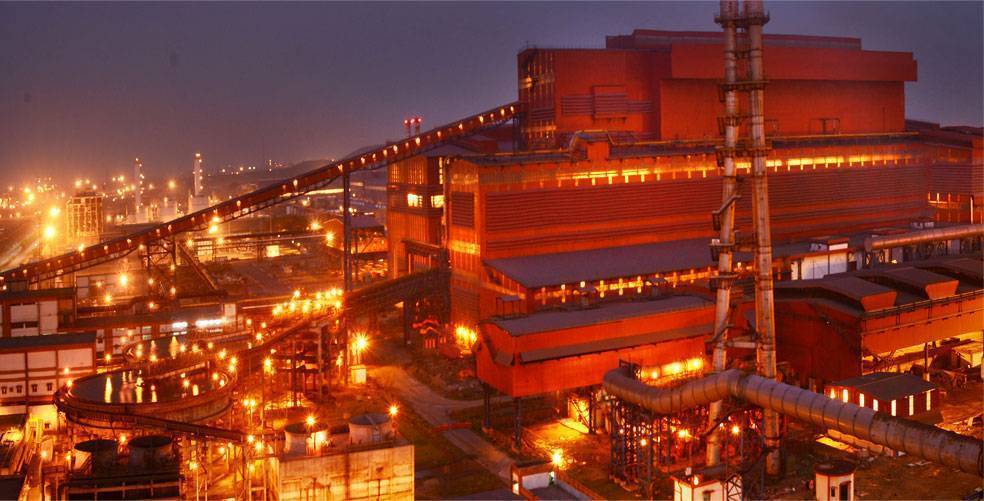
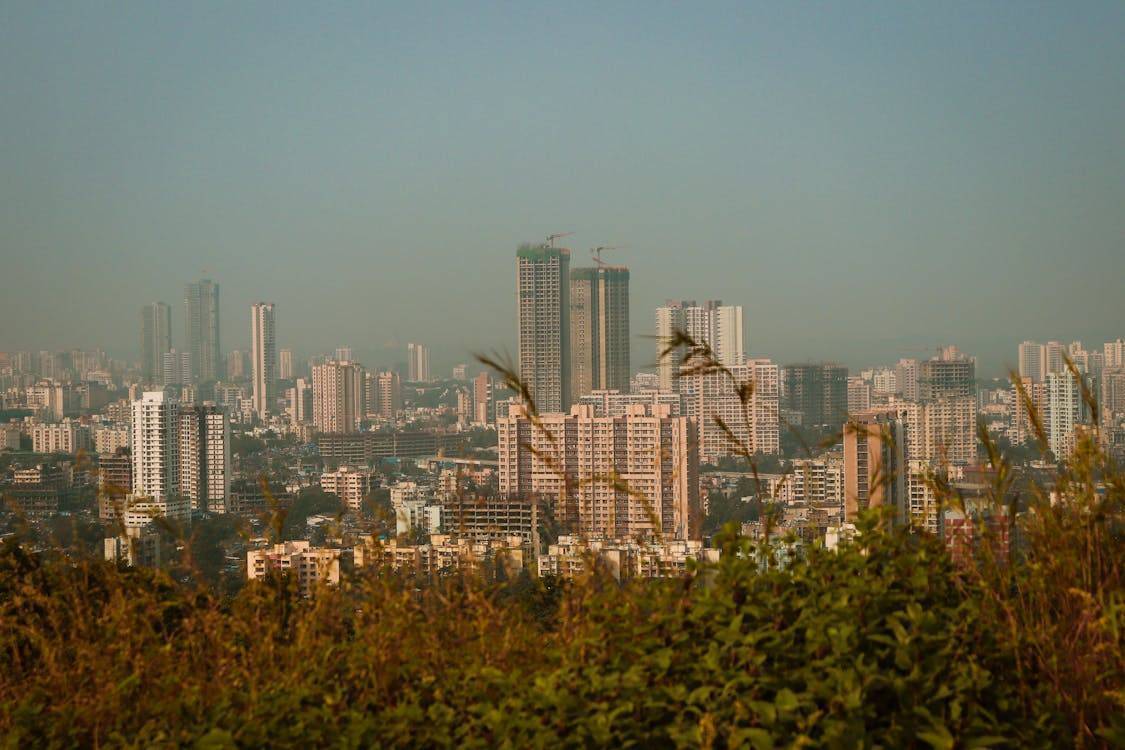
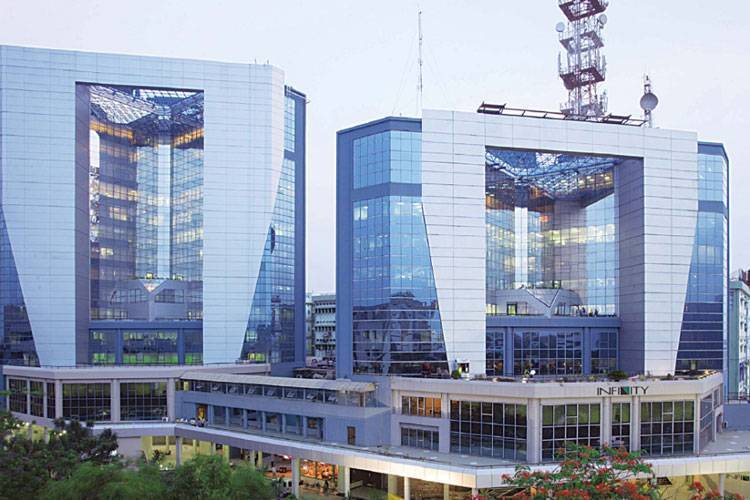
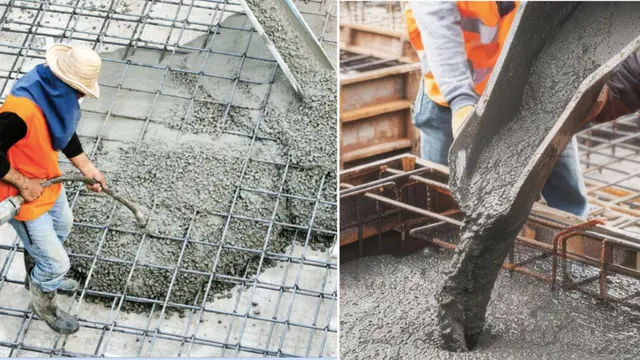
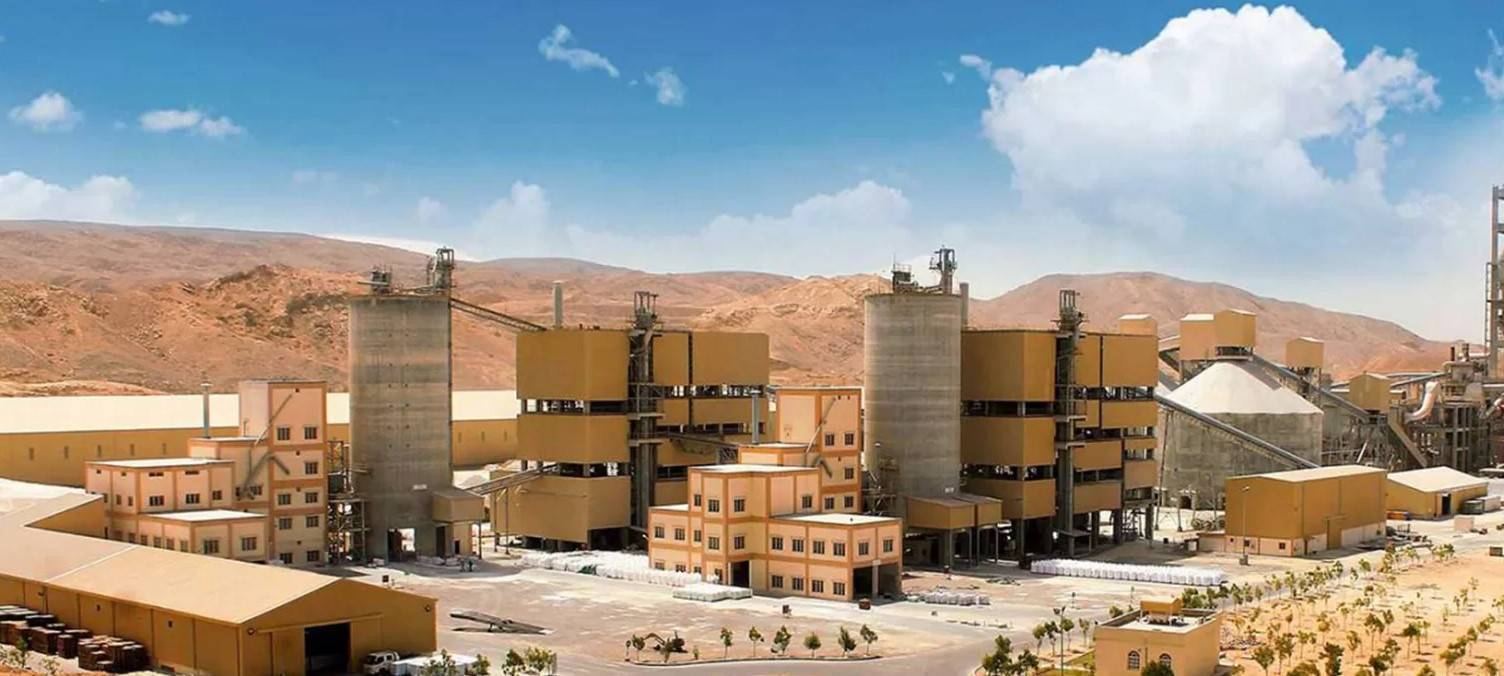

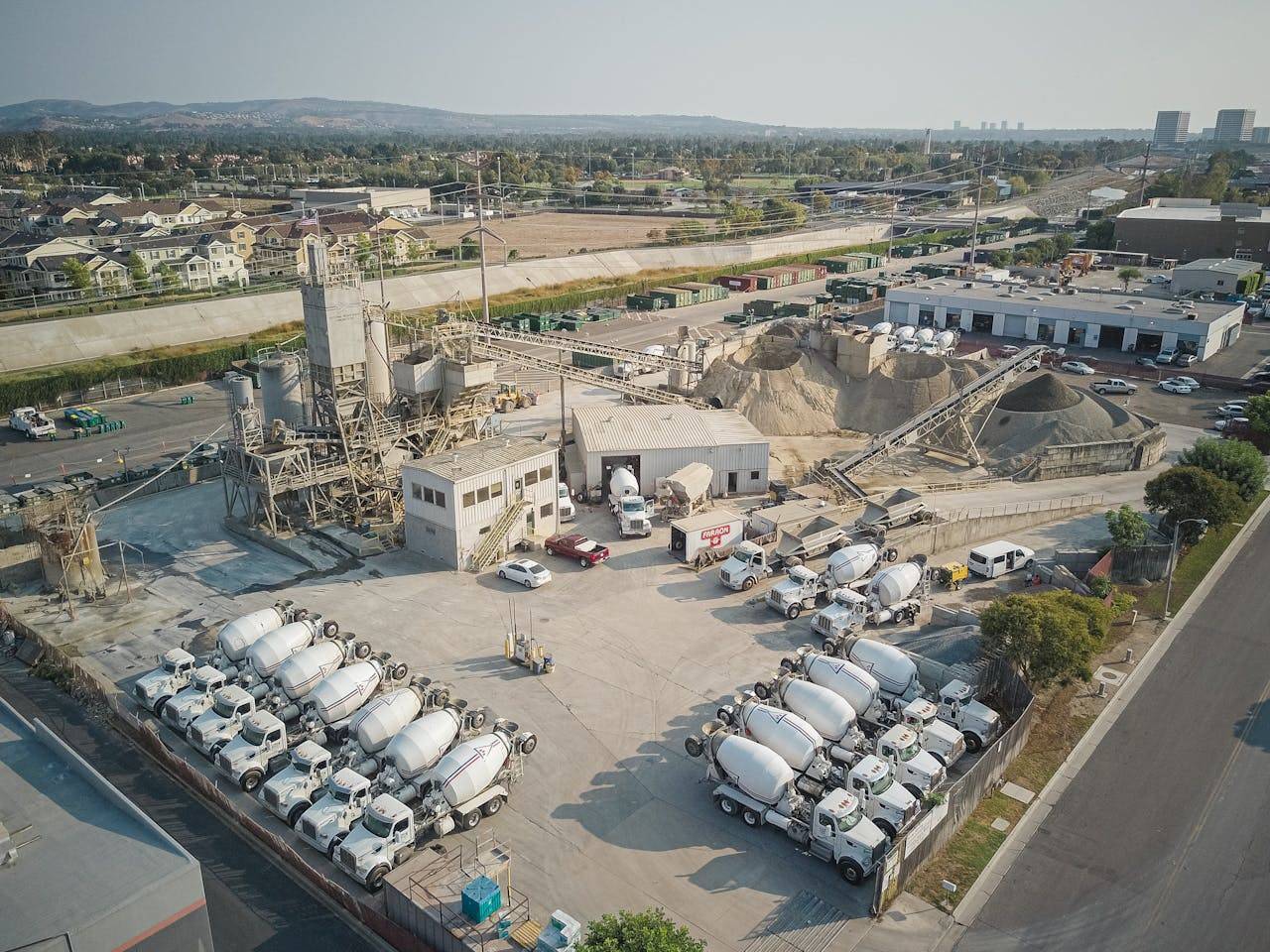

.png)